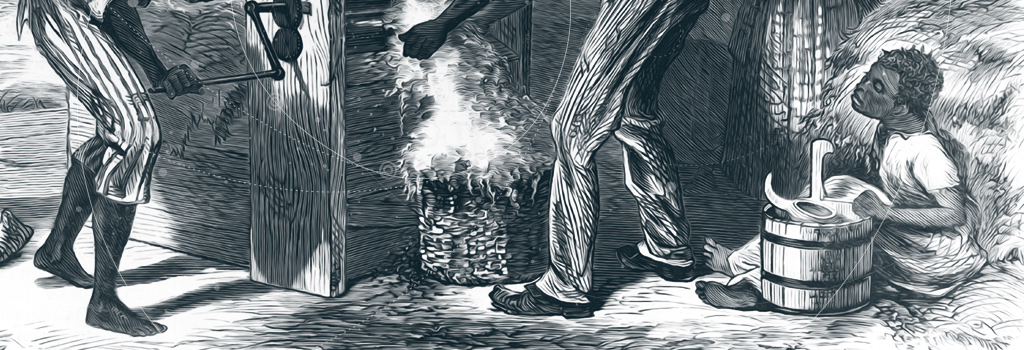 In 1654, a group of Brazilian Jews fleeing persecution in Brazil, booked passage on a ship to Amsterdam. They were attacked by pirates, led by a brigand who was almost certainly not known as Old Silver Leg.
In 1654, a group of Brazilian Jews fleeing persecution in Brazil, booked passage on a ship to Amsterdam. They were attacked by pirates, led by a brigand who was almost certainly not known as Old Silver Leg.
They were rescued, in a fashion, by Captain Jacques de la Motthe. The Captain agreed to bring them to the nearby port of New Amsterdam, for price, suggesting one Amsterdam should be just as good as another. The other choice was to be set in the water to die. The captain sent word to the Governor, Pieter Stuyvesant, asking him allow the refugees to stay in New Amsterdam.
Stuyvesant, who was known as Old Silver Leg, was not a pirate, but he was a complete bastard. He responded by seizing what little the refugees possessed and imprisoned them as debtors either because they had no possessions and could not pay Jacques de la Motthe for their rescue.
Old Silver Leg, wanting to keep things in proper order, asked his bosses at the Dutch West India Company for permission to get rid of the Jews by way of this charming letter:
“The Jews who have arrived would nearly all like to remain here, but learning that they (with their customary usury and deceitful trading with the Christians) were very repugnant to the inferior magistrates, as also to the people having the most affection for you; the Deaconry also fearing that owing to their present indigence they might become a charge in the coming winter, we have, for the benefit of this weak and newly developing place and the land in general, deemed it useful to require them in a friendly way to depart, praying also most seriously in this connection, for ourselves as also for the general community of your worships, that the deceitful race — such hateful enemies and blasphemers of the name of Christ — be not allowed to further infect and trouble this new colony to the detraction of your worships and the dissatisfaction of your worships’ most affectionate subjects.”
It at this point in history that a number of members of the IUTT have taken it upon themselves to kidnap Old Silver Leg and bring him forward in time to present day New York. I agree: there is some small hilarity and justice to be witnessed, dropping him off in a Hasidic neighborhood, or letting him rant his way through Manhattan and tossed into jail for hate crimes or public urination. However, the IUTT frowns upon moving backwards thinkers forward in time. We are not ghosts from a Dickens Tale and you only spawn time-lines behind you.
Bringing Stuyvesant back to his place after such a trip yields no appreciable result. Old Silver Leg’s request is denied and the Jews are allowed to stay. Stuyvesant still responds by barring Jews from serving in the Volunteer Home Guard and then demanding they pay to have others serve in their place, because Old Silver Leg is a complete and tactically consistent ass.
Kidnapping Stuyvesant a second time also does no good and has, in some timelines, interfered with Asser Levy’s ability to put Stuyvesant’s childish and anti-semtetic policies down in court. It is important to recognize Pieter Stuyvesant’s problems stem from being small-minded and he can not understand that he is in the future when you bring him here.
Please do not bring him here.
If you wish to experiment with the timeline, the IUTT suggest you bring Asser Levy forward instead. He will be mostly pleased.
 The Board of the International Union of Time Travelers has agreed to take 3 questions from non-time-travelers or other persons curious about, but not active in, temporal mechanics or multiverse exploration. Questions regarding cheese desserts, prognostication, typographical errors and Chuck Norris will be rejected out of obvious necessity to maintain the integrity of this blog, and the fabrical illusion of contiguous cause and effect.
The Board of the International Union of Time Travelers has agreed to take 3 questions from non-time-travelers or other persons curious about, but not active in, temporal mechanics or multiverse exploration. Questions regarding cheese desserts, prognostication, typographical errors and Chuck Norris will be rejected out of obvious necessity to maintain the integrity of this blog, and the fabrical illusion of contiguous cause and effect.










